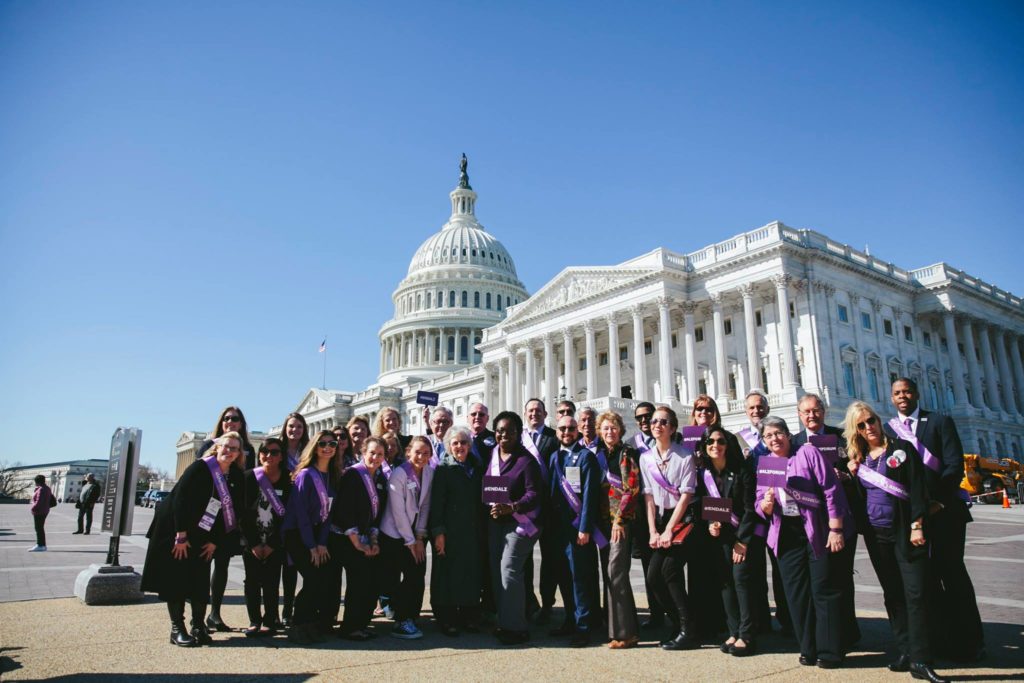Last week, the Senate Appropriations Labor, Health and Human Services, Education and Related Agencies (Labor-HHS) Subcommittee proposed a $414 million increase for Alzheimer’s research at the National Institutes of Health (NIH) for fiscal year 2018. This announcement comes following similar action by the House Appropriations Committee in July.
The Senate Appropriations Committee is expected to act on the funding bill this week.
“The Subcommittee’s proposed increase represents a significant commitment in the fight to end Alzheimer’s,” said Harry Johns, Alzheimer’s Association and Alzheimer’s Impact Movement (AIM) President and CEO. “If signed into law, this additional funding will help ensure the NIH can continue to invest in new research to accelerate advancements toward treatments, prevention and ultimately a cure for Alzheimer’s and other causes of dementia.”
Leading experts have said a greater investment is still needed if we are to stay on the path to meet the first goal of the National Plan to Address Alzheimer’s Disease — preventing and effectively treating Alzheimer’s by 2025. At an estimated cost of $259 billion annually — including $175 billion in Medicare and Medicaid payments — Alzheimer’s is the most expensive disease in the country. It is also the only leading cause of death in the U.S. that cannot be prevented, cured or even slowed. In 2017, for every $100 the U.S. government spends on Alzheimer’s research, it will spend $12,500 in Medicare and Medicaid costs caring for individuals living with this fatal disease.
